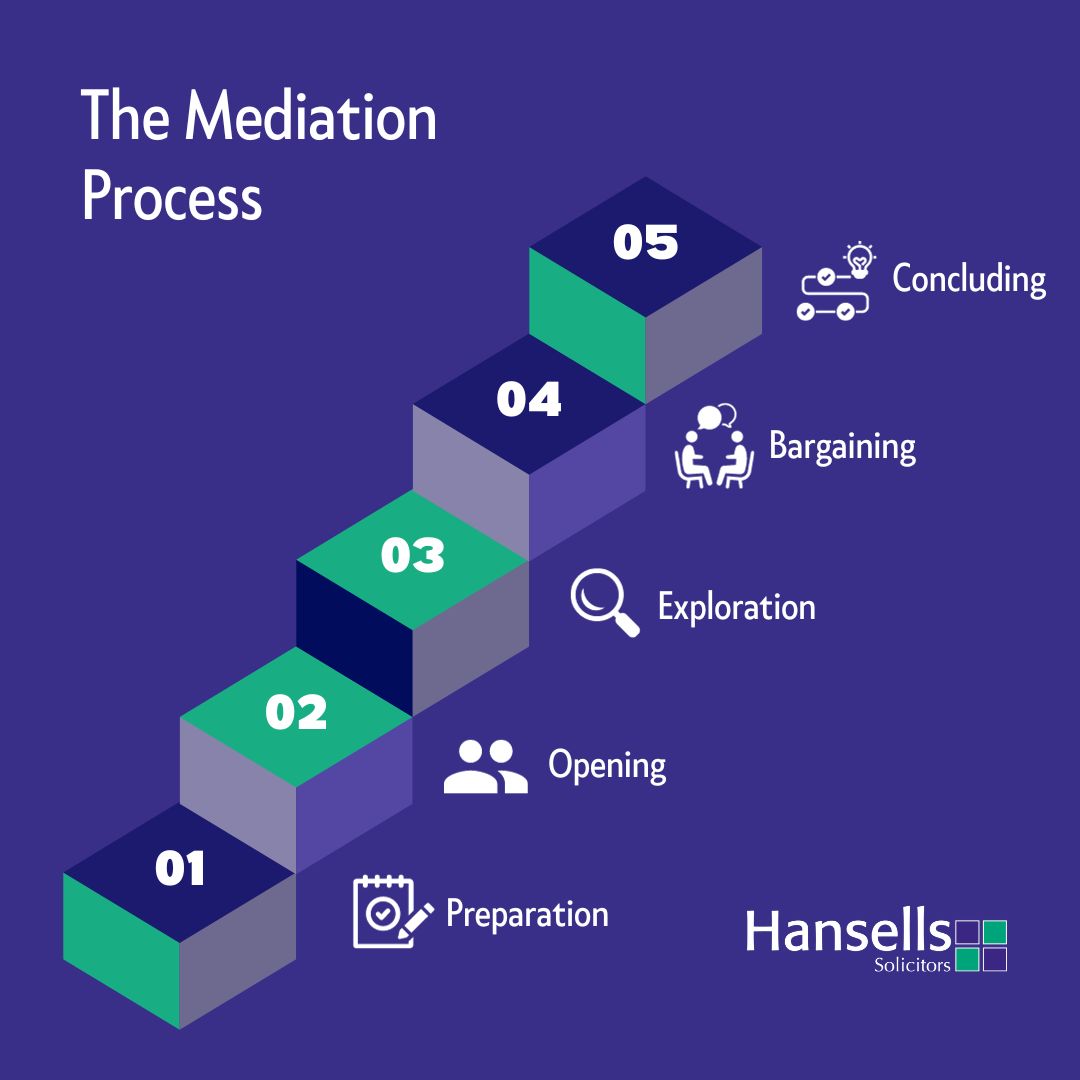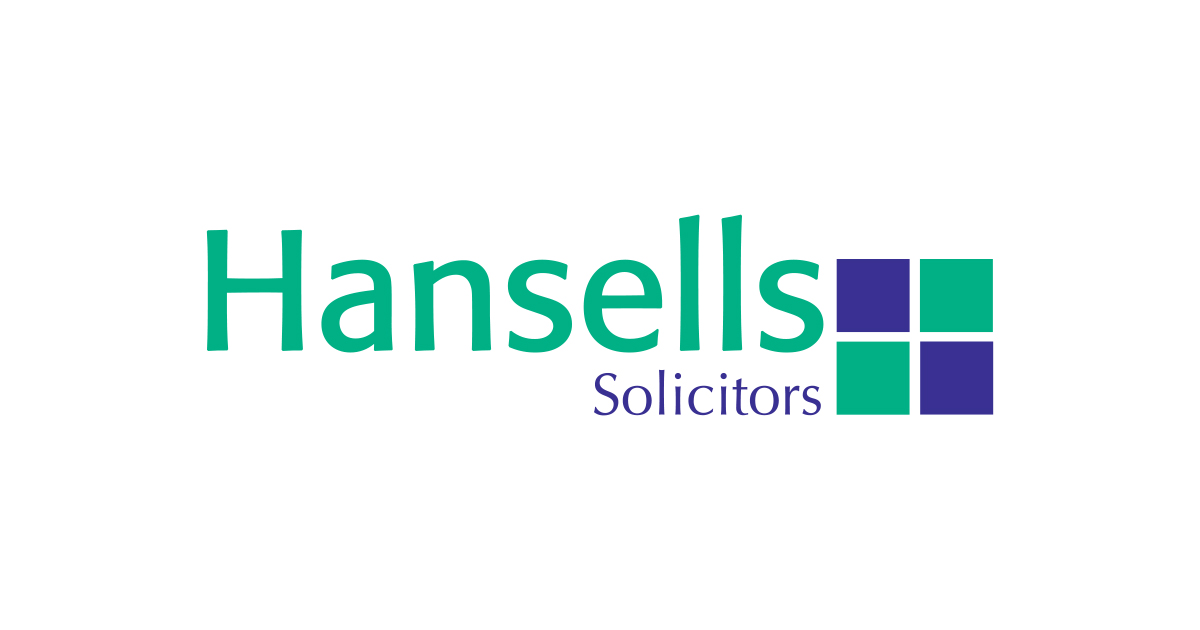Frustrated with costly and time-consuming litigation?
Commercial mediation offers a faster, more cost-effective way to resolve business disputes in Norwich and Norfolk.
Our experienced mediator, Chloe Edwards, will guide you through a collaborative process to reach a mutually beneficial outcome.
Schedule a free consultation today to discuss your specific case.

Mediation at Hansells
Mediation is a confidential process where a neutral third party facilitates communication and negotiation, empowering both parties to reach a win-win solution.
Chloe Edwards, a skilled mediator with extensive experience in various legal sectors, creates a safe and constructive environment for open dialogue.
Our offices create a unique environment, allowing parties the necessary space for thought, overcoming power imbalances, and fostering free communication.
Schedule a free consultation today to discuss how we can help
What is Mediation?
“Mediation is a flexible process conducted confidentially in which a neutral person actively assists parties in working towards a negotiated agreement of a dispute or difference, with the parties in ultimate control of the decision to settle and the terms of resolution.”
The Centre for Effective Dispute Resolution (CEDR)

The Advantages of Mediation
Unlike traditional litigation, mediation empowers parties to actively participate in finding agreeable solutions, often beyond the scope of court decisions.
Chloe Edwards has a collaborative approach that promotes open dialogue and mutual understanding.
Main benefits of a mediation with Chloe
- Cost-effective: significantly lower fees compared to litigation.
- Time-effective: significantly less time and resources.
- Sustainable Resolutions: Creating long-lasting agreements, reducing the likelihood of future disputes, and establishing a foundation for ongoing cooperation and commitment.
Schedule a consultation today
The Mediation Process
The mediation process is conducted in both joint and private meetings.
In a CEDR mediation, the mediator follows the five phases of mediation. It involves:
- Preparation Phase: Chloe will establish pre-mediation contact, explaining the process, the mediation agreement, and practicalities.
- Opening Phase: The mediator and parties deliver opening statements, stimulating dialogue and setting the agenda.
- Exploration Phase: Exchange of information, identifying a broad foundation for bargaining.
- Bargaining Phase: Outlining potential settlements, conveying offers, and breaking through apparent deadlock.
- Concluding Phase: finalising settlement terms, signing agreements, and deciding next steps if a settlement cannot be reached.
You can discuss further by scheduling a consultation with Chloe.


